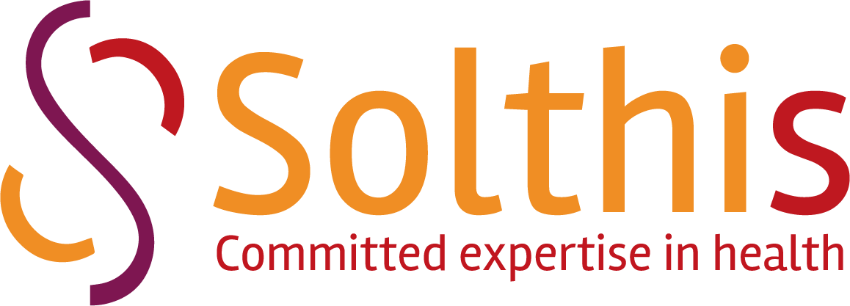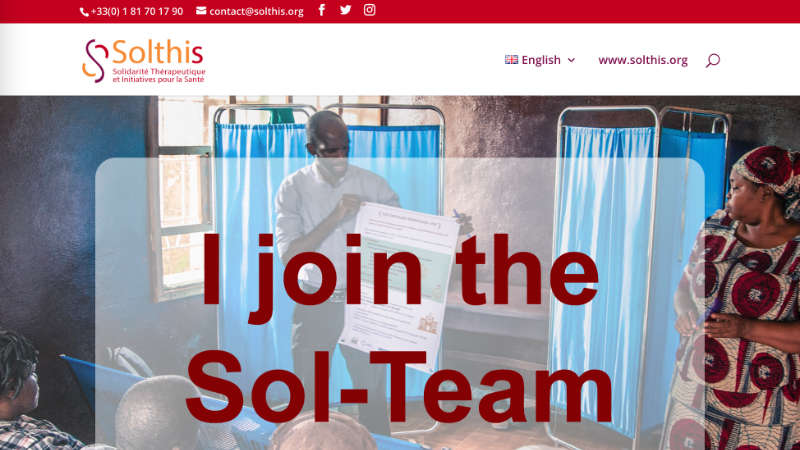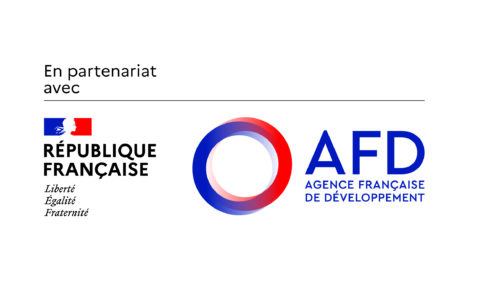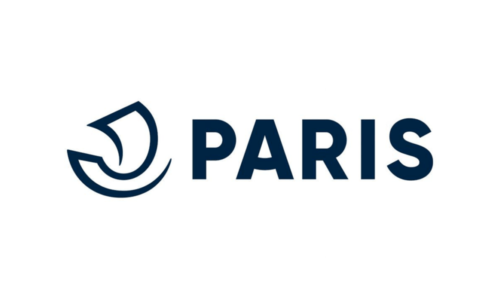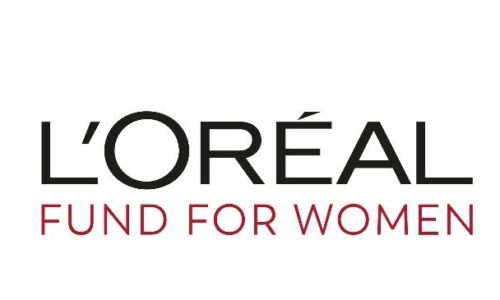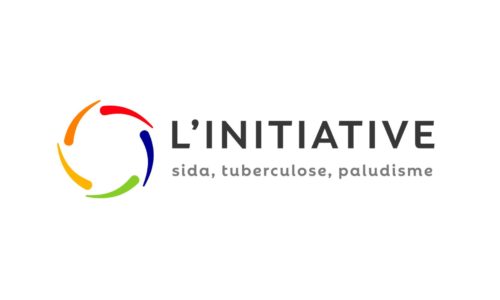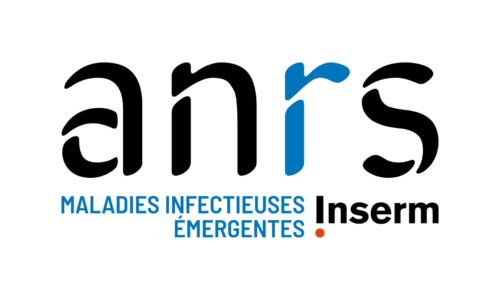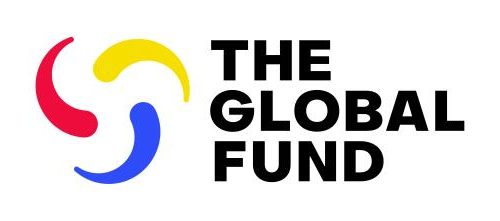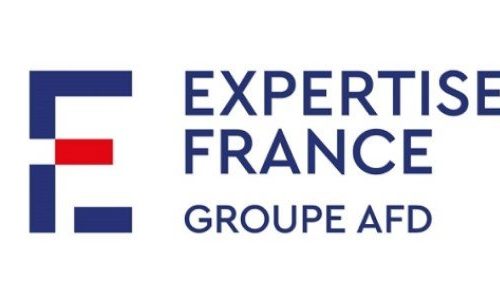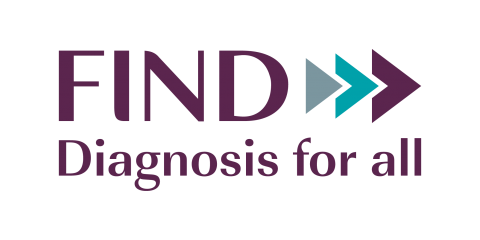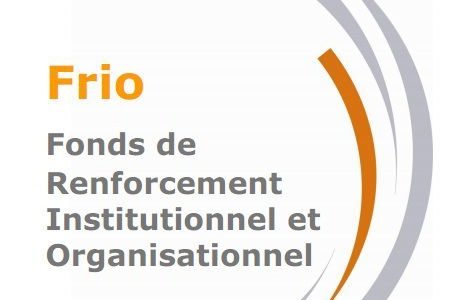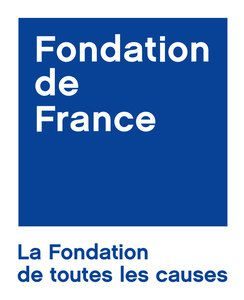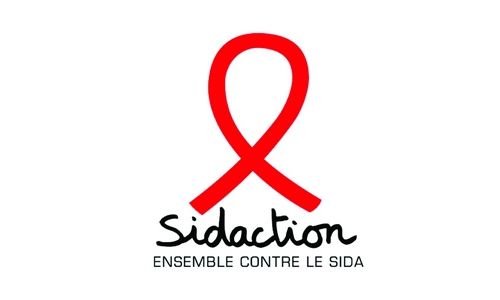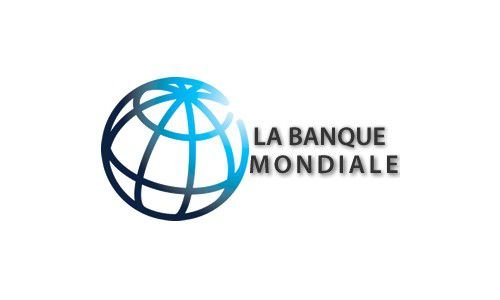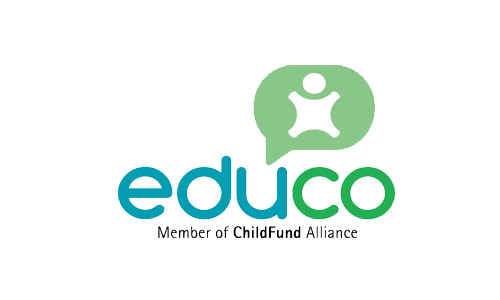Nos projets
Management capacity strengthening of community pharmacies
17 March 2017
BURKINA FASOHEALTH PRODUCTS AND PHARMACEUTICAL SYSTEMSTRENGTHENING SYSTEMS AND HEALTH SERVICES
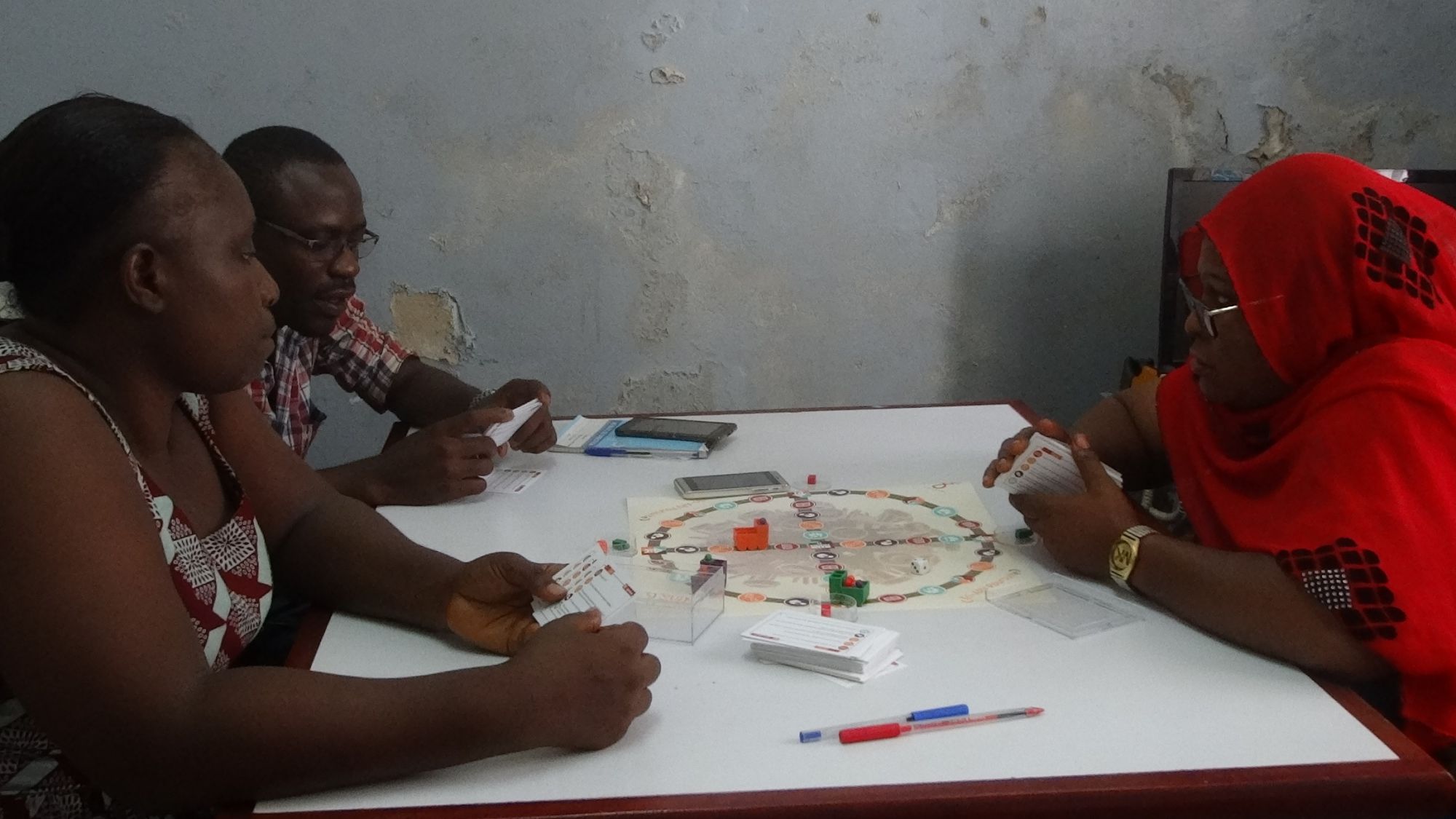
Context Sidaction is implementing a program in 5 sub-Saharan African countries (Burundi, Mali, Cameroon, Côte d'Ivoire, Burkina Faso) which aims at strengthening healthcare services and civil society. The program targets key populations, i.e., most vulnerable and at risk of stigmatization and of HIV / AIDS transmission. The program's objective is to contribute to reducing sexually transmitted infections (STIs) and HIV co-infections as well as improving access for this population to quality, sustainable and integrated health care. Under this program, 12 associative structures are in charge of community pharmacies. Quantity and stock of medicines vary depending on the... Read more
TWIN 2H : Prevention and control of Infections and Hospital Hygiene – Phase 1 and 2
16 February 2017
GUINEACAPACITY BUILDINGSTRENGTHENING SYSTEMS AND HEALTH SERVICES

Context In response to 2014 and 2015 Ebola epidemic in Guinea, TWIN 2H is a capacity-building project for infection prevention and hospital hygiene control through hospital partnerships and for the safety of patients and health caregivers. It is implemented in Guinea by Expertise France and is funded by the French Ministry of Foreign Affairs and International Development. Solthis is partner of the project, and has carried out during the project first phase (Phase 1) (April to December 2015) an inventory of Hospital hygiene needs and training at Nzérékoré and Guékédou hospitals in Guinea. The 2nd phase of the project, started in August 2016. Indeed, although... Read more
Strengthening and decentralising the national response to the AIDS epidemic in the Republic of Guinea
1 July 2016
GUINEACAPACITY BUILDINGHEALTH INFORMATION SYSTEMHUMAN RESOURCES FOR HEALTHLABORATORIES AND TECHNICAL PLATFORMSSTRENGTHENING SYSTEMS AND HEALTH SERVICESFighting HIV / AIDS
Context As part of the implementation of funding from the Global Fund in Guinea, Solthis has been selected as the sub recipient of CNLS (National Aids Control Committee) for a grant dedicated to “Strengthening and decentralising the national response to the AIDS epidemic in the Republic of Guinea” in order to carry out a range of projects that support the implementation of this programme. Start date: 2016 Duration: until 31/12/2017 Project area: Guinea Financial source: Global Fund, Grant for HIV from the Global fund in Guinea (Solthis is sub recipient of CNLS) Recipients: CNLS PNPCSP (National Programme for treatment and prevention of STIs/HIV/AIDS) ... Read more
Empowerment of users for an improved quality of HIV care in Sierra Leone
23 December 2015
SIERRA LEONEADVOCACY FOR FAIR ACCESS TO QUALTITY HEALTH CARECAPACITY BUILDINGGOVERNANCE AND HEALTH POLICIESHEALTH PRODUCTS AND PHARMACEUTICAL SYSTEMHUMAN RESOURCES FOR HEALTHSTRENGTHENING SYSTEMS AND HEALTH SERVICESFighting HIV / AIDS

Challenges In Sierra Leone, only 33 % of patients needs in terms of antiretrovials treatments are covered, and only 15 % for childrens. People living with HIV/AIDS (PLWHA) are low involved with desicions concerning their rights and their health, because of the lack of knowledge and communication with health professionals.Support groups to PLWHA are suffering from weak capacities, as well as the national network PLWHA Nethips that cannot adequatly fulfil its roles in coordination, advocacy and capacity developpement of its affiliated groups. Moreover, the health system is deficient concerning human ressources which are underqualified, caregivers with negative attidute towards the PLWHA... Read more
Improving health and living conditions of prisoners in Niger
14 December 2015
NIGERADVOCACY FOR FAIR ACCESS TO QUALTITY HEALTH CARECAPACITY BUILDINGFighting HEPATITISFighting HIV / AIDSFighting tuberculosisMALARIA
The challenges The situation concerning prisoners’ fundamental rights in Niger is particularly worrying, with dilapidated and overpopulated establishments, where even the most minimal levels of food and hygiene are not guaranteed. We have noted the low availability of treatments, a lack of staff training, a lack of dietary variety, and underdiagnoses of mental illnesses. In addition to this, the rights of prisoners in terms of social and legal assistance are not respected. Faced with these failures, the current project works towards the promotion of human rights in Niger, and improving living conditions in prisons by improving prisoners’ access to quality hygiene, legal and social... Read more
JADES Project – Promoting the sexual health of adolescents in Mali and Niger
9 December 2015
MALINIGERCAPACITY BUILDINGFighting HIV / AIDS
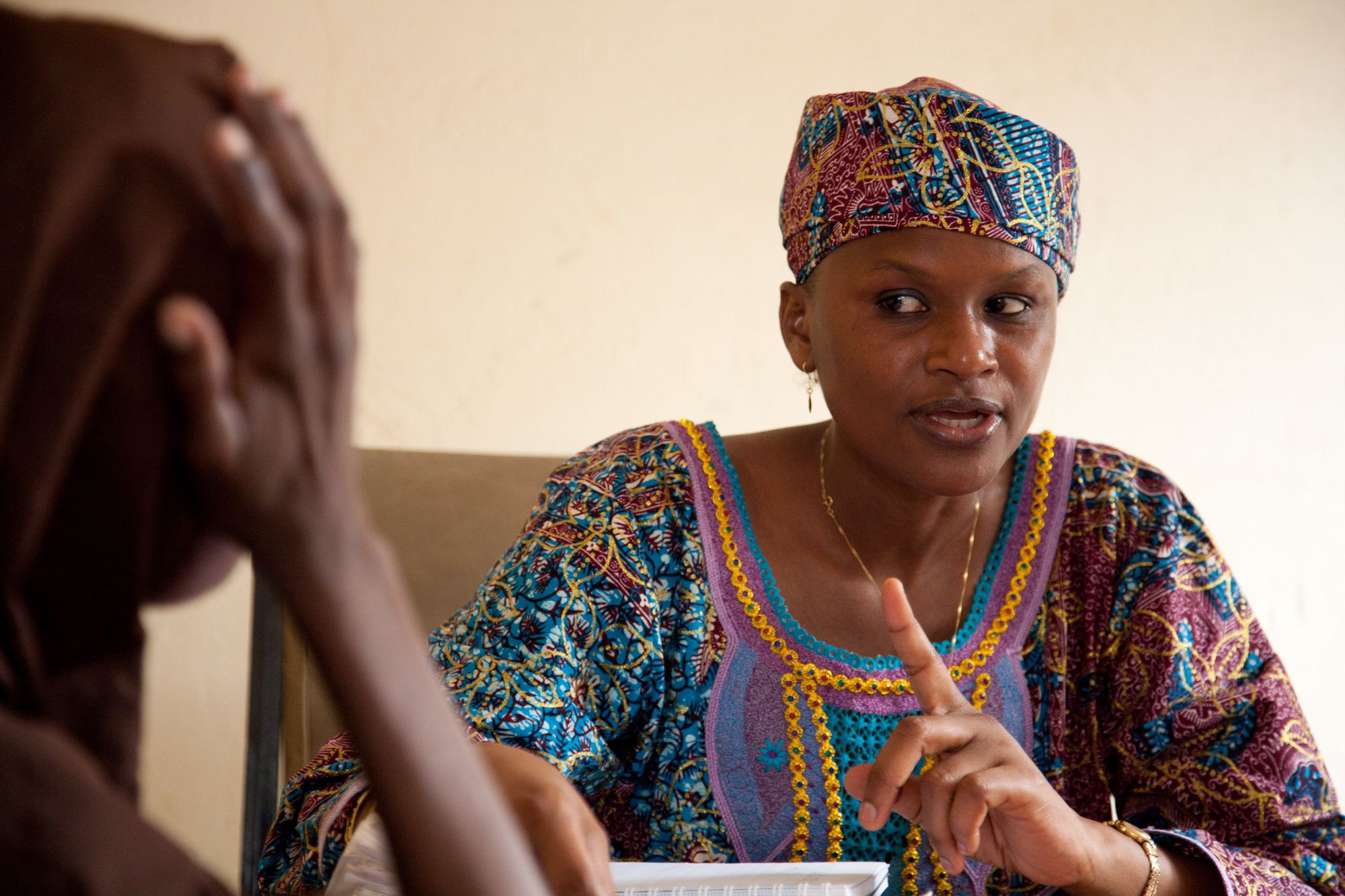
A pilot project to promote sexual health in adolescents in order to reduce new HIV infections and deaths related to AIDS/HIV in Mali and Niger The challenges Adolescents aged between 15 and 24 represent 39% of all new HIV infections in adults (UNAIDS, 2012). This age group is particularly vulnerable to the HIV/AIDS epidemic due to poor access to services that are not adapted to the specific needs of adolescents. This is particularly acute in young females (nearly 2/3 of new HIV infections are in adolescents between the ages of 15 and 19). Young people, therefore, represent a strategic challenge in the fight against HIV and AIDS, especially as the heightened risk of infection is... Read more
ANRS 12344 – DIAVINA (HIV Virological Diagnosis and Initiation at Birth)
7 December 2015
GUINEAOPERATIONAL RESEARCHFighting HIV / AIDS

Diagnosis of HIV infection and treatment from birth of infants exposed to the virus when the mother has not been treated with an ARV during pregnancy: evaluation and strategy in Guinea. The challenges In Subsaharan Africa, particularly in Guinea, many children are being born from mothers who have not yet been tested for HIV during their pregnancy, and therefore, have not received ARV drugs to prevent the transmission of the virus from mother to child. Recent studies show that there is a benefit to diagnosing the infection at birth to quickly identify children infected in utero and then start ARV treatment early, in the first few days, to reduce deaths and illnesses linked to HIV.... Read more
Building the capacity of paramedics to improve the decentralised HIV/AIDS treatment in Niger
2 May 2015
NIGERCAPACITY BUILDINGHUMAN RESOURCES FOR HEALTHSTRENGTHENING SYSTEMS AND HEALTH SERVICESFighting HIV / AIDS
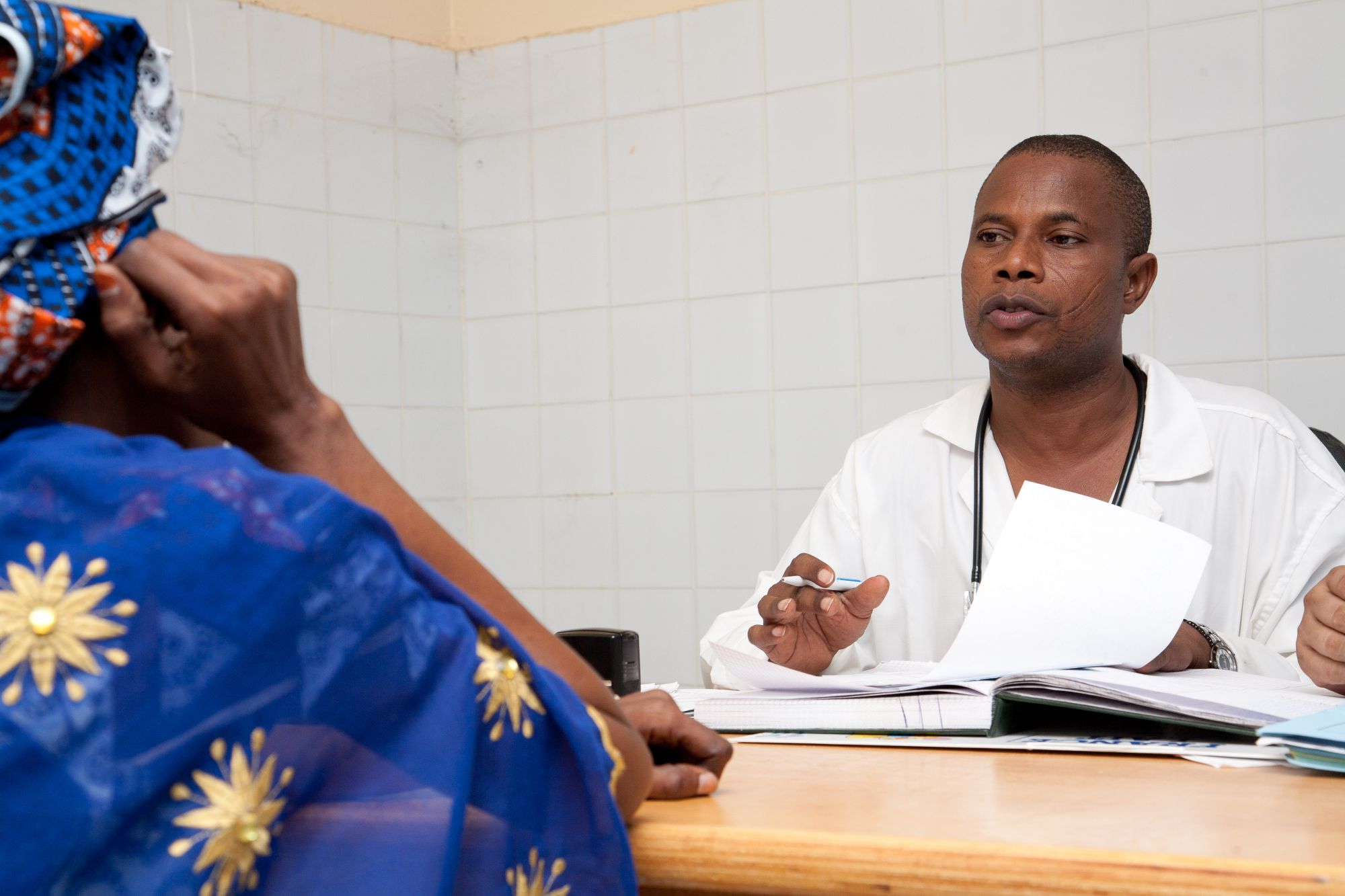
Context The prevalence rate of HIV among 15 to 49 year olds in Niger is 0.4%. It is higher in urban areas (0.8%) than in rural areas (0.2%), although there is some variety depending on the region, with Niamey having the highest rate (1.1%). It is estimated that only 28% receive the necessary antiretroviral treatments, which makes the aim of decentralisation and improved detection of HIV/AIDS a tall task, in terms of human resources, particularly medical, given the shortage of personnel. This problem underlines the importance of delegating tasks to paramedics, nurses and midwives in order to guarantee the continued treatment of HIV-positive people, as was expected in the official... Read more
Prevention and support for the treatment of sex workers and their clients in Niger
12 January 2015
NIGERCAPACITY BUILDINGGOVERNANCE AND HEALTH POLICIESSTRENGTHENING SYSTEMS AND HEALTH SERVICESFighting HIV / AIDS
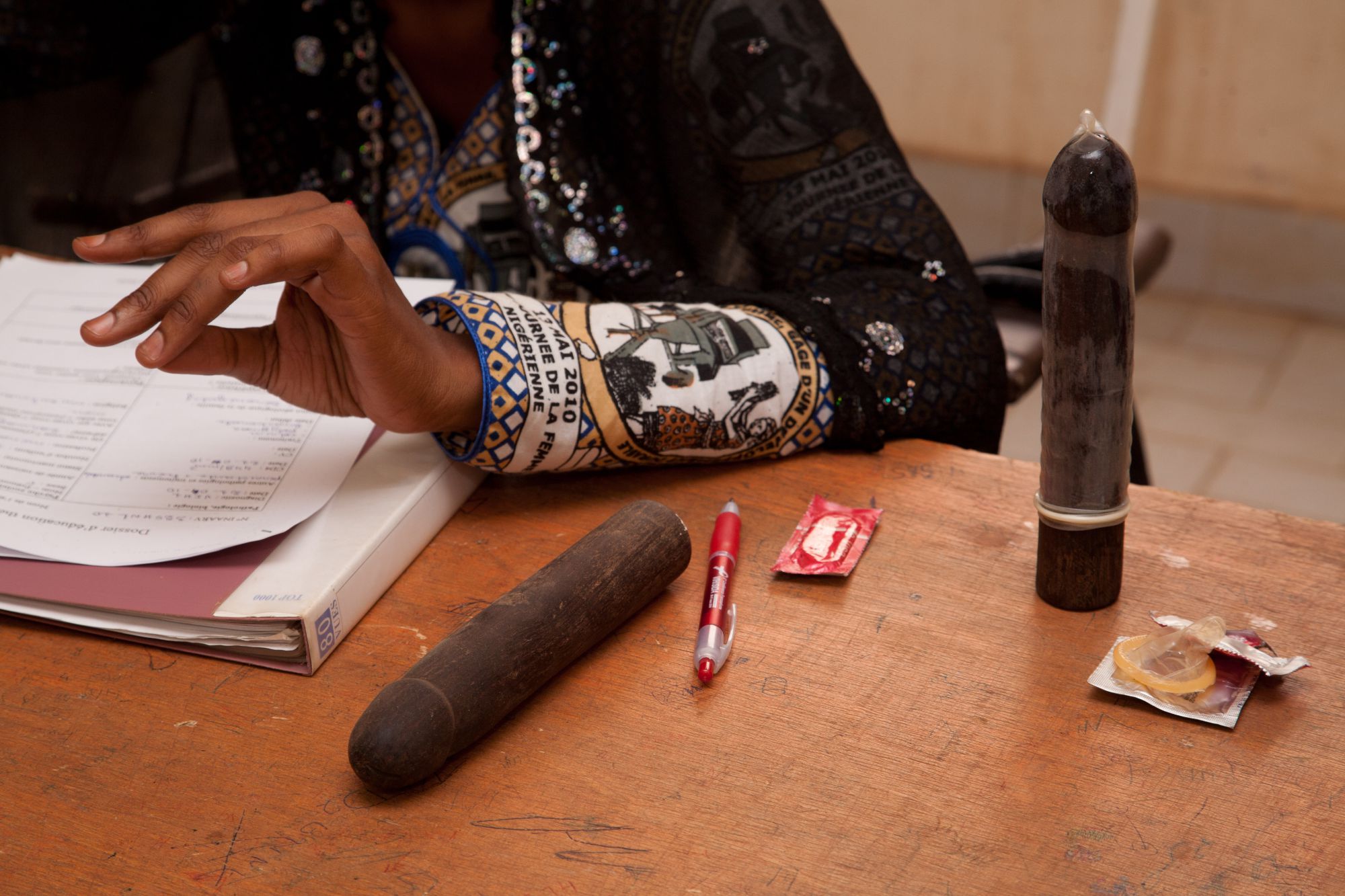
Context This project, which forms part of the World Bank-funded global project MARP (Most At-Risk Populations) in Niger, aims to improve the access for key populations in the country to services used in the fight against HIV/AIDS and sexually transmitted infections (STIs). Today in Western and Central Africa, sex workers and their clients constitute the key group affected by the HIV epidemic. It is essential to acknowledge the issue and implement specific and adapted strategies in order to develop health-based schemes of education that target the particular needs of these groups. A distinctive approach is needed for the detection and screening of HIV/AIDS, the access to and availability... Read more

Continuity of care in Ebola context, prevention and control of infection in hospital environments in Guinea
2 January 2015
GUINEACAPACITY BUILDINGHEALTH PRODUCTS AND PHARMACEUTICAL SYSTEMSTRENGTHENING SYSTEMS AND HEALTH SERVICESFighting HIV / AIDSFighting tuberculosisInfectious and emerging diseases
The Issues Guinea is one of the three countries most affected by the Ebola epidemic along with Sierra Leone and Liberia. Aside from the people infected with the virus, the Ebola epidemic has caused the disorganisation of the whole health service which has impacted access to healthcare for the entire population. Continuing healthcare for people living with HIV/Aids, tuberculosis and malaria has been particularly affected. There has been an increase in the number of patients lost to follow up, low blood stocks and a lack of personal protection equipment (PPE) for Ebola. It is, therefore, an urgent requirement to put in place measures to bring patients back in to the health care system... Read more
Continuity of care in Ebola context in Sierra Leone
2 January 2015
SIERRA LEONECAPACITY BUILDINGHEALTH INFORMATION SYSTEMHEALTH PRODUCTS AND PHARMACEUTICAL SYSTEMSTRENGTHENING SYSTEMS AND HEALTH SERVICESFighting HIV / AIDSInfectious and emerging diseases
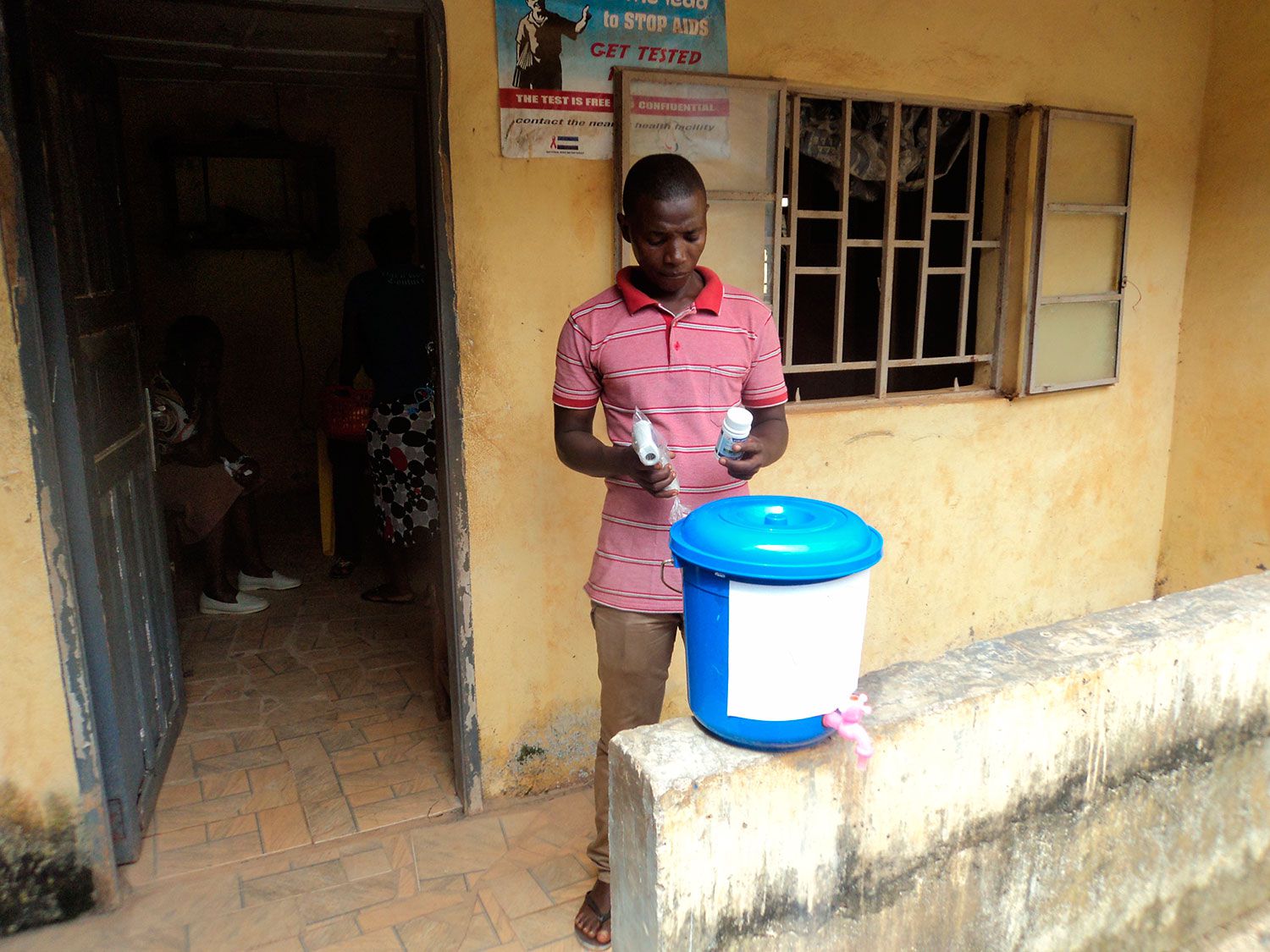
Challenges Sierra Leone, along with Guinea and Liberia, is one of the three countries that suffered most from the Ebola epidemic. Freetown, the national capital, was the most affected area within Sierra Leone. Sierra Leone’s national health care system was generally fragile, and facilities were highly disorganized, allowing the virus to spread quickly. The Ebola epidemic also impacted the population’s access to care seriously. Continuity of care for persons living with HIV suffered severe disruptions, as did pediatric HIV care and pediatric ARV treatment. Supplies of ARV for adults also fell, fewer patients were able to visit clinics for care, and health care providers often... Read more
PIONG: operational research on Opportunistic Neurological Infections management in HIV patients
12 May 2014
GUINEAOPERATIONAL RESEARCHFighting HIV / AIDS
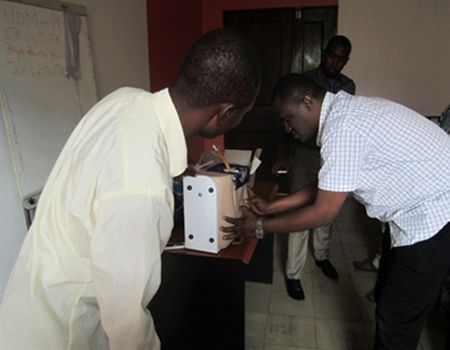
Please find below all details in french. Les enjeux Les complications neurologiques liées à l’infection par le VIH sont fréquentes et peuvent se rencontrer à tous les stades de la maladie, de la séroconversion au stade du Sida. Elles peuvent être liées, entre autres, à des infections opportunistes (IO) telles que la toxoplasmose, la cryptococcose neuroméningée et la tuberculose, qui doivent être systématiquement suspectées en cas d’atteinte du système nerveux central. En 2011, une étude réalisée à Conakry met en évidence un taux de mortalité élevé (52%) chez les personnes vivant avec le VIH (PVVIH) hospitalisés présentant des symptômes... Read more
